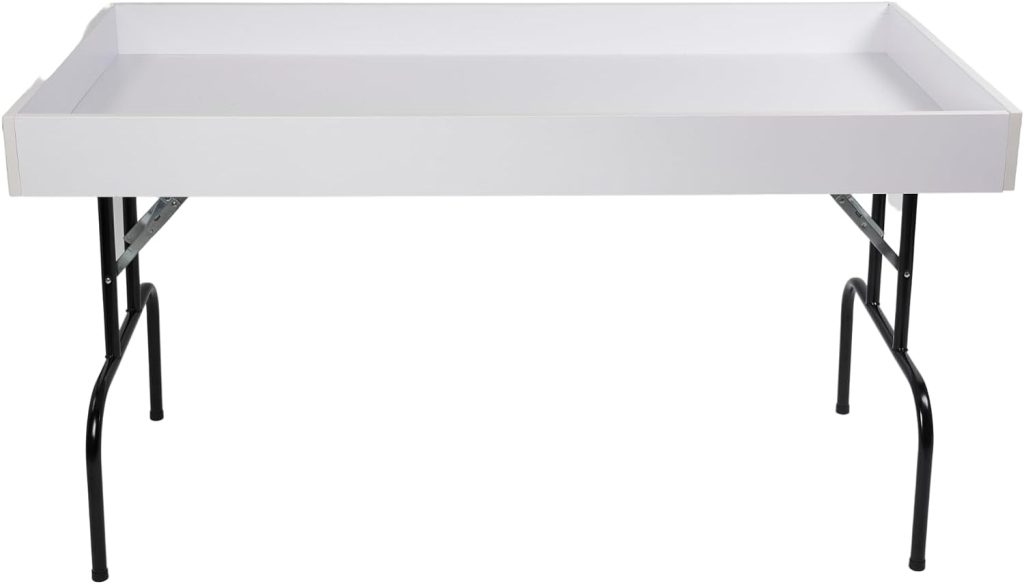In the dynamic world of supply chains, efficiency is key, and every aspect of the process matters. One critical component often overlooked is the handling of reusable packaging. Enter Dump Tables, a revolutionary concept poised to streamline this crucial aspect and transform the way we manage reusable packaging in supply chains. Dump Tables are innovative fixtures strategically placed at key points within supply chain facilities. These tables are designed to facilitate the efficient unloading and sorting of reusable packaging materials such as pallets, crates, and containers. Imagine a bustling distribution center or warehouse where goods arrive in various types of packaging, and the process of unloading and sorting them is both time-consuming and labor-intensive. Dump Tables revolutionize this process by providing a centralized and optimized station for handling reusable packaging. At the heart of Dump Tables’ efficiency is their design. These tables are equipped with advanced sorting mechanisms, including conveyor belts, automated sensors, and robotic arms.

As incoming shipments are unloaded onto the dump tables, the automated system swiftly identifies and sorts different types of reusable packaging based on predefined criteria. This eliminates the need for manual sorting, reducing labor costs and minimizing the risk of errors or delays. Furthermore, Dump Tables are engineered for versatility and scalability. They can be customized to accommodate various types and sizes of reusable packaging, ensuring compatibility with the diverse needs of different supply chains. Whether it is large pallets used in industrial settings or smaller containers used in retail distribution, Dump Tables can handle it all with precision and efficiency. One of the key benefits of Dump Tables is their ability to enhance the sustainability of supply chains. By streamlining the handling of reusable packaging, these tables minimize waste and promote the circular economy. Instead of treating packaging as disposable, supply chain stakeholders can maximize its lifespan through efficient sorting and redistribution.
Moreover, Dump Tables integrate seamlessly with existing supply chain technologies. They can be linked to inventory management systems, allowing real-time tracking and monitoring of reusable packaging assets. This enhanced visibility enables supply chain managers to optimize inventory levels, anticipate demand fluctuations, and make data-driven decisions to improve overall efficiency. In addition to their operational benefits, Dump Tables also prioritize worker safety. By automating the handling of reusable packaging, they minimize the risk of injuries associated with manual lifting and sorting tasks. This creates a safer and more ergonomic work environment for warehouse staff, reducing the likelihood of workplace accidents and improving employee satisfaction. In conclusion, Dump Tables represent a paradigm shift in the way we handle reusable packaging in supply chains. By leveraging automation, advanced sorting technologies, and a focus on sustainability, these innovative fixtures streamline operations, enhance efficiency, and promote a more sustainable approach to packaging management.